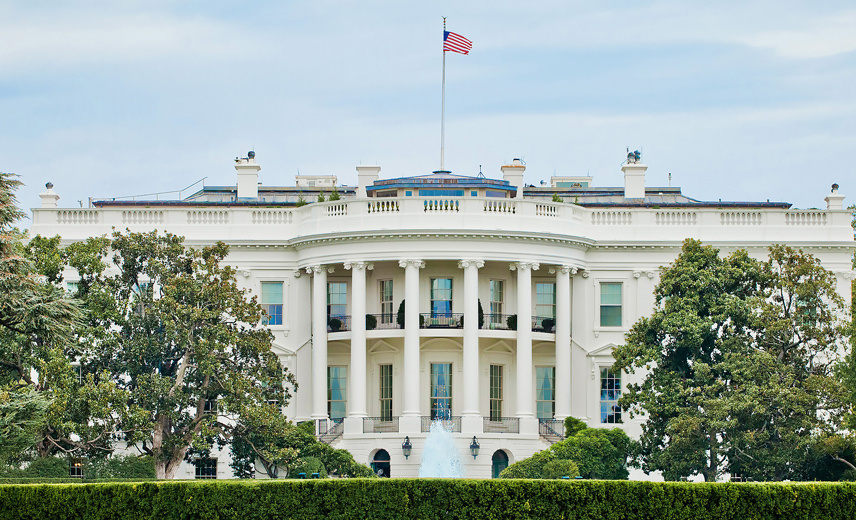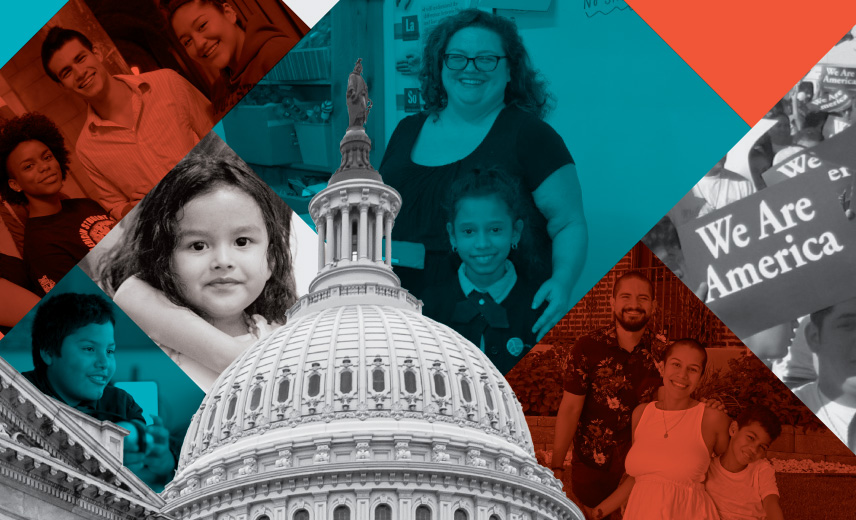What we heard in the 2023 State of the Union
On Tuesday night, President Biden delivered his 2023 State of the Union address. He described the progress made by his administration over the last year and the challenges the country faces.
We applaud the president for his administration’s leadership in helping the country to weather the health and economic challenges from the pandemic, start to rebuild our infrastructure, and create jobs. This includes gains for Latino employment: Almost 3 million more Latinos have jobs today compared to when President Biden first took office—and the Latino unemployment rate is currently 4.5%—a 15-year low and down from nearly 19% at the height of the pandemic.
Last week, we explained what we would like to hear in President Biden’s State of the Union address. Below, we compare our vision with what was covered in his remarks.
Support the economic and housing needs of Latinos
“Let’s also restore the full Child Tax Credit, which gave tens of millions of parents some breathing room and cut child poverty in half, to the lowest level in history.” #SOTU
— UnidosUS (@WeAreUnidosUS) February 8, 2023
While Latino employment is strong, hardworking families have been facing higher prices. The president acknowledged the impact of today’s higher prices and called for new measures to reduce the burden on families. This includes renewing the full Child Tax Credit, which lifted 1.2 million Latino children out of poverty in 2021 and for which we will continue to advocate. We also commend the administration’s efforts to promote an equitable economic recovery by including new policies to reduce harmful excessive fees paid by consumers.
Expand access to health coverage, immunizations and nutrition initiatives
According to a recent report from the U.S. Census Bureau, racial disparities in health insurance coverage persist, with Latinos having the highest uninsurance rate at 17.7%. This spring, 15 million people could lose health coverage—the largest Medicaid loss in American history. Congress has given the Biden administration new tools that can be used to prevent red tape and paperwork from terminating life-saving health care coverage for millions of Latino children and families.
When 90 million #Medicaid determinations begin in May, the government must keep coverage in place for those still eligible including:
5.3 million kids
4.6 million Latinos
2.2 million African Americans
nearly a million Asian Americans & Pacific Islanders. #SOTU— UnidosUS (@WeAreUnidosUS) February 8, 2023
Strengthen the educational pipeline for Latinos Students
Last year, we celebrated President Biden’s appropriate and legal student debt cancellation plan, which is now under review by the U.S. Supreme Court. Regardless of the outcome, we look forward to working with the administration on solutions to reduce levels of crippling debt for students. By 2030, one in three students in the U.S. will be Latino. And as Latino children are the largest and youngest group of color, we call on the president to prioritize strengthening the educational pipeline for Hispanic students by increasing investments from early childhood education through college. We were also grateful to hear the president’s call for the need to increase Pell Grants and create pathways to community colleges.
Safeguard our immigrant community
We urge @POTUS to protect access to asylum for those seeking refuge in the U.S. and—for long-term immigrants—to expand pathways to legal status under current immigration laws and reduce processing backlogs and other access barriers to securing immigration benefits. #SOTU
— UnidosUS (@WeAreUnidosUS) February 8, 2023
During the midterm elections last year, Hispanic voters—who are the second largest group of voting-age Americans—showed that they reject extremes and want leaders in Washington to expand opportunity for all—including immigrant communities. It’s time for Congress and the White House to work together to update our immigration system to effectively protect our borders, humanely and efficiently manage immigration flows, treat asylum seekers and aspiring Americans with dignity, and resolve the status of millions of immigrants who have been contributing to the U.S. for decades. We applaud the creation of the Task Force for New Americans and urge that it get to work to ensure the agencies are doing all they can to support immigrants’ fullest integration into the fabric of our nation.
Protect our hard-earned civil rights
Our country continues to endure a pervasive form of structural racism that harms the economic and educational well-being and health of Latinos. We fully support the President’s call for Congress to act on long-overdue priorities such as protecting voting rights and our democracy, reproductive rights, policing and criminal justice reform, and gun violence as soon as possible.
Follow us on Twitter for more coverage.



